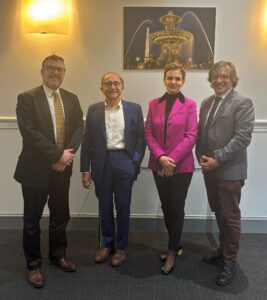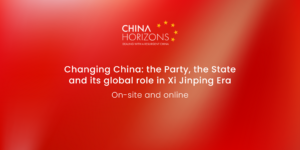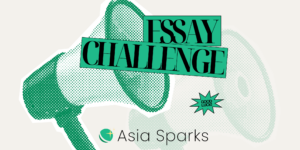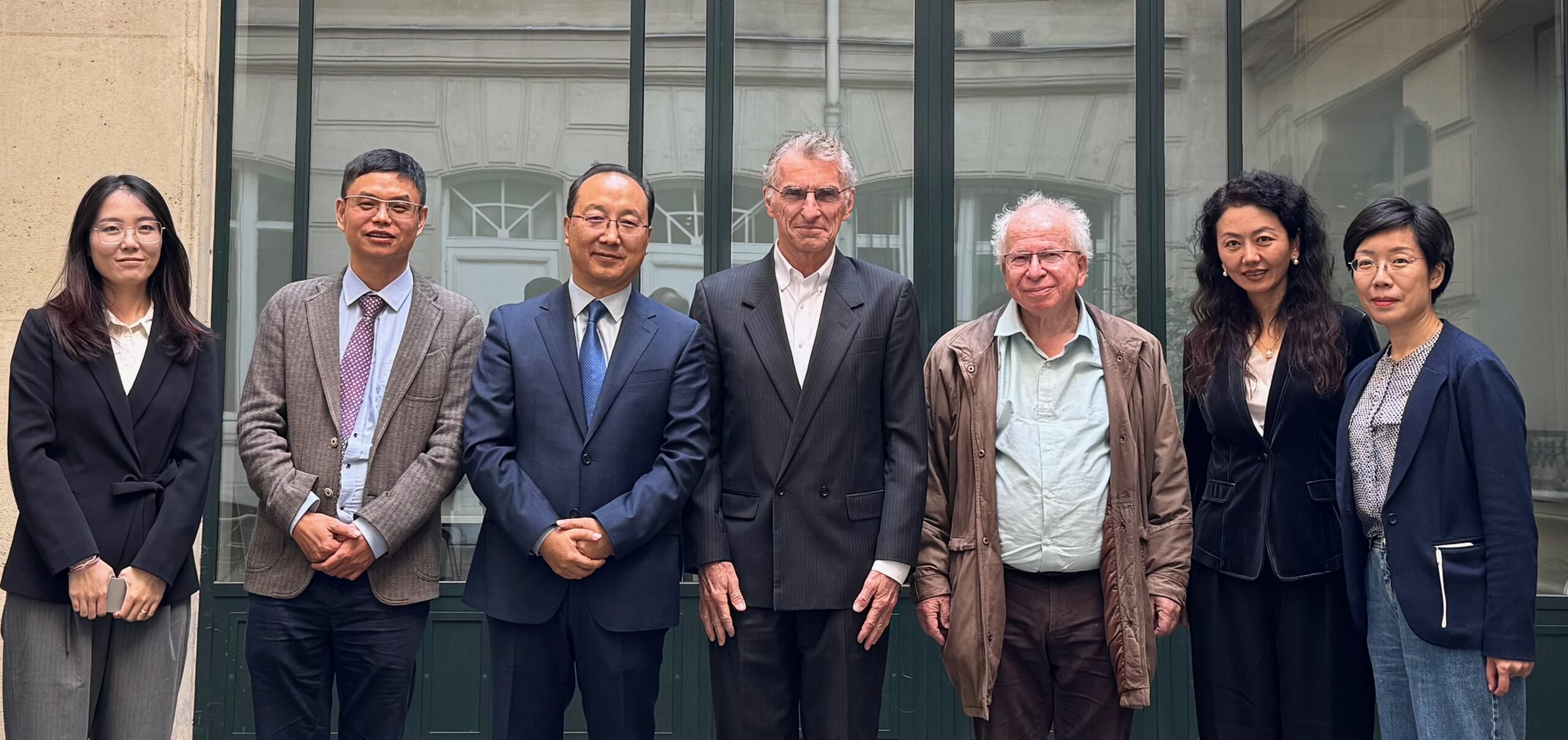Asia Centre welcomed a delegation of Tibetan experts from Chinese Institutes and Research Centers in Paris, September 20, 2024.
The parties exchanged in-depth and substantive views on a variety of subjects related to Tibet, especially concerning the relationship between Xizang and the People’s Republic of China. The parties agreed to meet under the framework of Asia Centre’s Code of Conduct for Open Dialogue, whereas both parties are encouraged to publish their respective statements after the meeting.
Asia Centre strives to share its opinions and work openly with visiting delegations. However, we regret that researchers in China are unable to access this same information, as the Great Firewall is currently blocking them from viewing our website, www.asiacentre.eu. We respectfully request that all Chinese researchers be allowed access to our website, so they can benefit from the same information available to those who visit us in person.
Attendees :
Delegation :
- ZHA Luo, vice general secretary of China Tibetology Research Center
- HU Shisheng, director and research professor at the Institute of South Asian studies at CHINA INSTITUTES OF CONTEMPORARY INTERNATIONAL RELATIONS
- ZHANG Shigao , director of the Institute for Contemporary Studies of China Tibetology Research Center
- PEMBA Lhamo, vice director of the scientific journal editorial board South Asian Studies and researcher at the National Institute of International Strategy, part of the Chinese Academy of Social Sciences (NIIS, CASS)
- XU Shuang, assistant professor at the Institute for Human Rights de China University of Political Science and Law
- GONG Ke, assistant of the delegation
Asia Centre :
- Marie Holzmann
- Jean-Louis Margolin
- Pierre-Antoine Donnet
- Jean-François Di Meglio
- Jean-Baptiste Monnier, PhD
- André de Bussy
- Alice Roth
Asia Centre’s statements regarding the September 20th, 2024 meeting:
Discussion between PRC and Dalai Lama
Asia Centre asked if China was prepared to opening new talks with the Dalai Lama. The guest delegation responded with two requirements: firstly, the abandonment of separatist activities and the recognition of Tibet as an integral part of the People’s Republic of China. They also stressed that, “they will never negotiate with separatists” (in their view, the Dalai Lama supports a middle road position, but some of the his emissaries were not seeking autonomy, but rather “to overthrow of the current regime”).
Asia Centre raised the following question: “What does Tibetan spirituality have to offer to China?” To which they gave no answer.
Human Rights
Asia center raised the matter of human rights in the region and the position adopted by the government. The guest delegation said that tensions were created by a single group of people whose actions were like an echo chamber. They added that today there were two Tibet, the modern Chinese Tibet and the ”sad ” Tibetan echo chamber, where cultural and religious freedom would be undermined.
Linguistic matter
After visiting schools and meeting teachers across Tibetan regions, Asia Centre regrets that many courses that used to be taught in the Tibetan language are now taught in Chinese. The delegation guest explained that Chinese is currently the standard language, and all courses are taught in Chinese, with the exception of Tibetan courses. They also discussed China’s education laws, in their view, as a Chinese person, Tibetan people have the obligations and duties to use Chinese.
Independence
Asia Centre raised that historians assert that Tibet declared de facto independence in 1913, following the collapse of the Qing dynasty (https://fr.wikipedia.org/wiki/Proclamation_d’indépendance_du_Tibet) . In return, the guest delegation expressed its disagreement on this point, and then unexpectedly mentioned that Alexandra David-Néel, the famous French explorer and writer who traveled extensively in Tibet in the early 20th “attested that independent Tibet does not exist”.
We urge the delegation to provide any information supporting their argument. In fact despite Alexandra David-Néel having met with the Dalai Lama, she did not explicitly comment on Tibet’s ruling in her writings, as her focus was more on Tibetan culture and spirituality rather than politics.




